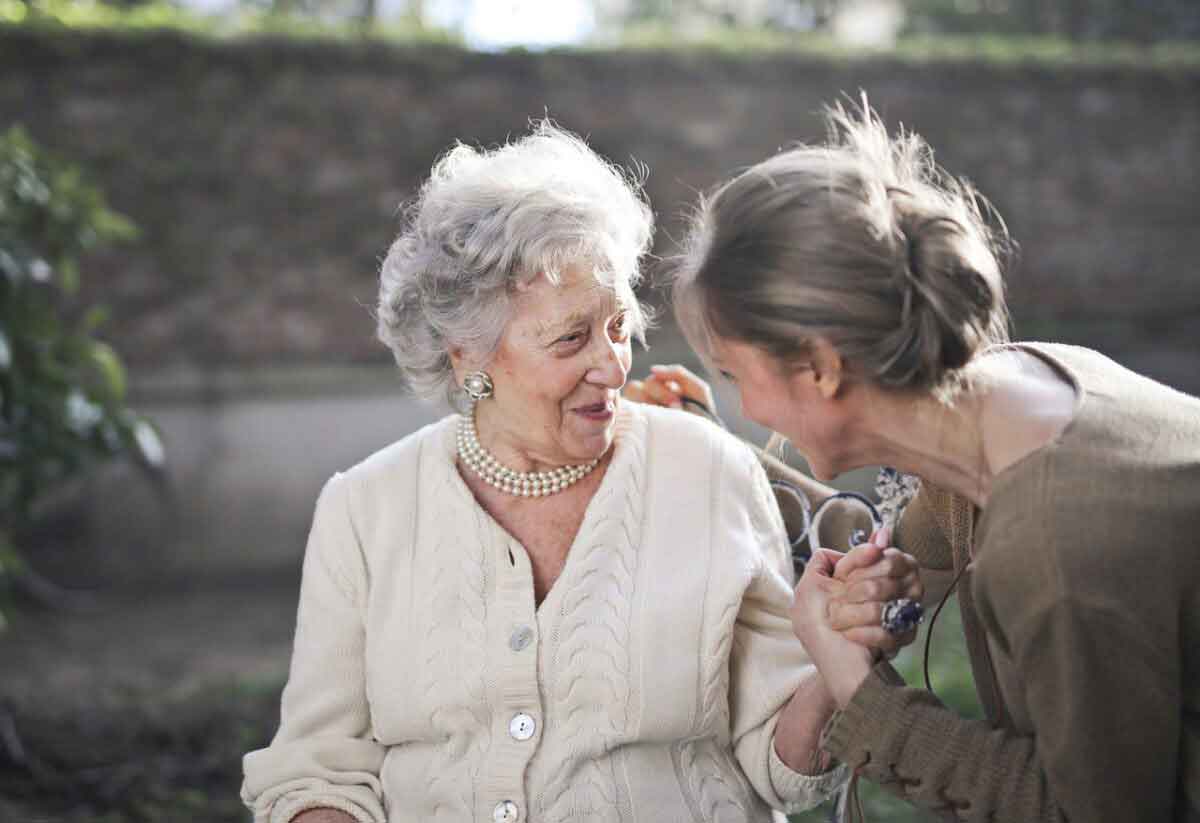When an individual possesses impaired decision-making abilities and lacks the capacity to make decisions about their life and money, these individuals have the legal right to appoint an Enduring Guardian, or be appointed by a court or tribunal for a Private Guardian/Public Guardian. The appointment of an Enduring Guardian is a legal decision where an individual who still has their decision-making capacity appoint another individual in the case, they lose the ability in the future.
Court-appointed Public Guardian and Public Trustee: some dcase studies
The case studies of Chris Pearson and Peter Ristic detail circumstances that had not appointed an Enduring Guardian and were appointed public guardians and a Public Trustee under court orders.
During this tenure, the Public Trustee will hold all of the assets of the individual while in the care of a public guardian cited under s 11(2) of the Public Trustee Act 1913 No 19 and have control over these assets and how they are handled cited under s 34(1) acting for the benefit of the incapable person, and under s 34(1) outlining the general powers of Public Trustees their held assets.
During the period under a public guardianship and public trustee, Chris Pearson, who was later found to be fit and capable was incurring payments for a nursing facility tenure he did not need which his public trustee has deemed to be for his benefit.
In Mr. Ristic’s case, the public trustee that held his assets liquidated his share portfolio and used the proceeds for management and administration for his real property, who now lack adequate support to maintain his property.
Appointing a trustee out of one’s control is a difficult circumstance to be a part of, and the solicitors of Foulsham & Geddes will assist clients’ appointments of Enduring Guardian and appointment of a trustworthy trustee to prevent circumstances where assets are poorly managed, outside the scope of one’s benefit, and are cared for by an individual that will provide proper care and assistance once you begin to possess impaired decision-making capacity.
Further, Foulsham & Geddes can assist potential clients who are currently under a public guardianship and public trustee order, when it is in their best interest to revoke their public guardian and public trustee.

